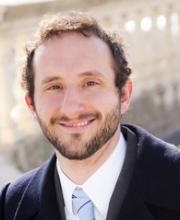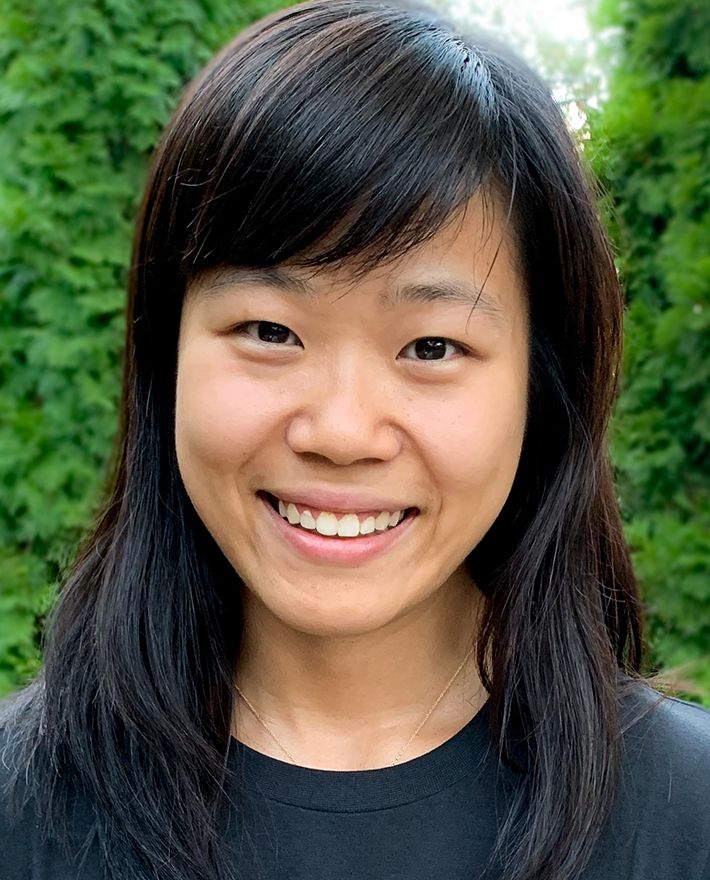COVID-19 Governance Series: Horacio Larreguy, Jeremy Bowles, and Shelley Liu



Author: Jaclyn Leaver
In today’s COVID-19 Governance Series we feature EGAP member Horacio Larreguy (Harvard University), along with his co-authors Jeremy Bowles (Harvard University) and Shelley Liu (University of California, Berkeley). We asked them about their recent article “Countering misinformation via WhatsApp: Preliminary evidence from the COVID-19 pandemic in Zimbabwe” in PLOS ONE, and how information about the coronavirus from a trusted social media source can shape citizens’ knowledge and behavior.
Q: In these interviews, we’re asking researchers about the conditions under which they were able to conduct their research. Your study was conducted during the early months of the COVID-19 pandemic. Can you describe the circumstances under which this study came together?
Jeremy Bowles, Horacio Larreguy, and Shelley Liu: Our research took place at the outset of the COVID-19 pandemic, when governments in sub-Saharan Africa were starting to impose lockdowns and other restrictions. At the time, we had already been in discussion with our partner organization, Kubatana, about another potential project in Zimbabwe unrelated to the pandemic. Kubatana works to disseminate independent information about civic and human rights issues in Zimbabwe, mostly via WhatsApp. When the Zimbabwean government imposed a nationwide lockdown, however, we started to discuss with Kubatana the impacts of COVID-19 on citizens’ lives and the salience of several issues — distrust in the government, lack of information, and economic hardship. Kubatana had been especially interested in tackling the issue of information about the pandemic during its early months, and so we proposed evaluating the effects of their efforts to deliver information to citizens through WhatsApp.
Q: Your results suggest that social media messaging against misinformation of the coronavirus from a trusted source can increase both knowledge about COVID-19 and also preventative behavior. What do these results tell us about the role of trusted sources (in your case, civil society organizations) in delivering this type of information to citizens?
JB/HL/SL: We think that our project highlights the importance of trusted civil society organizations (CSOs) in delivering information, and how this is likely particularly true in contexts such as Zimbabwe where trust in the government is especially low. In fact, as part of our study, we had asked respondents which sources of information they trusted the most. The two most frequent responses to that question were international organizations and local CSOs, which really highlights the important role that such organizations can play in providing accurate information to citizens in contexts like Zimbabwe.
Q: The research design randomized the timing of WhatsApp messages to both treatment and control groups rather than which groups received the messages. Why did you choose this method of randomization over others and what is the benefit of sending these messages to both the treatment and control groups?
JB/HL/SL: In essence, our research design randomized the timing of messages for ethical reasons — we wanted to ensure that every Kubatana subscriber would receive the information relatively quickly. At the start of the pandemic, there was significant misinformation surrounding COVID-19, including numerous fake (and potentially dangerous) cures as well as conspiracy theories about the seriousness of the pandemic. The information that Kubatana provided during the study had potentially significant health consequences for its subscribers, given their reputation as a trusted source of information. We consequently designed the study such that we would not need to withhold information from a control group for more than a few days.
Q: What recommendations do you have for policy makers and practitioners looking to mitigate misinformation about the pandemic via social media messaging? To what extent are your results generalizable to other contexts?
JB/HL/SL: We were particularly interested in this project because of the centrality of WhatsApp in the online diet of many citizens across sub-Saharan Africa — some estimates suggest that half of all internet traffic in Zimbabwe is WhatsApp-related. While some other social media platforms have centralized mechanisms to combat misinformation (e.g., through banning or flagging harmful content), WhatsApp is particularly dangerous for misinformation because of its decentralized structure and encrypted messaging. As a result, we think much more work is needed to understand how to effectively support and invest in trusted voices on these platforms who can counter the (usually much faster) spread of viral misinformation. With regard to generalizability, our study was restricted to the set of 27,000 existing Kubatana subscribers on WhatsApp and so we are limited in our ability to generalize the effects too broadly. However, in ongoing work in different settings we have found several similar patterns of results using samples selected in different ways and different treatment variants.
Q: Can you share a few best practices for anyone who might be conducting similar types of field research during the COVID-19 pandemic?
JB/HL/SL: Our study — and encouraging findings — highlight the importance of partnering with local organizations that are well-established and trusted by citizens. Particularly when in-person fieldwork is not feasible, working with these kinds of organizations is a really effective way to study a set of important issues remotely. Moreover, our experience has been that many civil society organizations are very interested in more rigorous studies to assess the impact of their programming, but have failed to connect and collaborate with academics before. So, we would certainly suggest researching and reaching out to local organizations that might be interested in impact evaluations as a way to initiate projects (several of our ongoing collaborations have arisen from cold emailing).
A second challenge is posed by the difficulties of remote study recruitment and data collection. For this project, we were fortunate to be able to use Kubatana’s existing set of WhatsApp subscribers for our sample, and to run simple surveys through WhatsApp messages. While low-cost, because this limited the generalizability of our results and our ability to collect more detailed data, we have since invested much more in recruitment approaches (particularly through targeted Facebook advertising) and in more interactive data collection (through WhatsApp chatbots). We’ve found these to be quite effective and think they offer a lot of promise for social scientists implementing projects remotely.